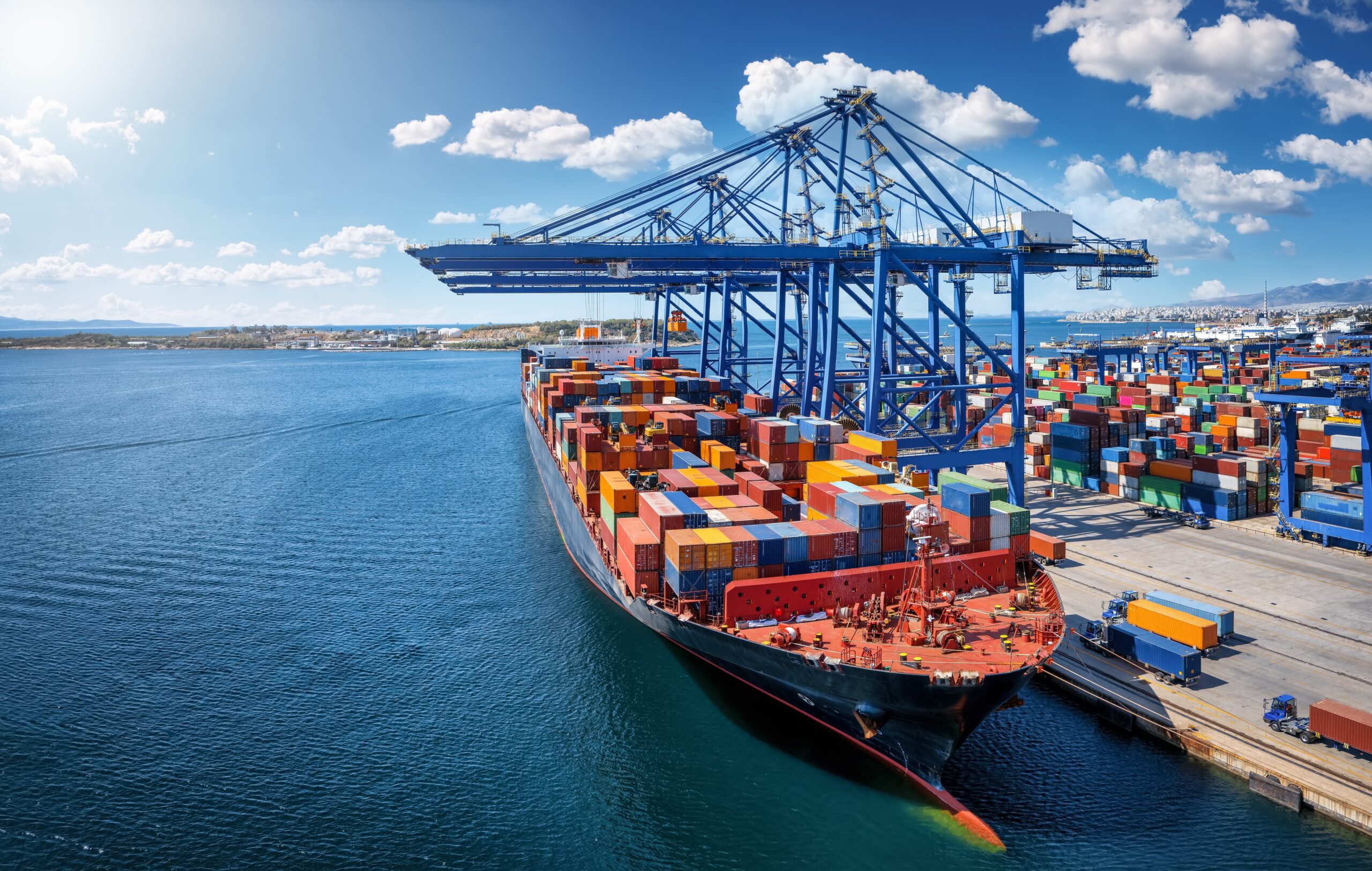
The US Port Authority (AAPA) Association welcomes the introduction of the country Port Tax Credit Law of 2025 (HR 4589), calls it a practical step towards repairing the production of the port crane to the United States without uploading port users at expensive tariffs.
Also Read: US Port Authority Association Statement (AAPA) on new potential tariffs
The bill, nominated by Mike Ezell (R-MS) and Nicole Malliotakis (R-NY), propose tax incentives to encourage domestic crane production with the original representatives of Cosponsors Randy Weber (R-TX) and Jen Kiggans (R-VA). This includes 25 % of US investment tax credits that produce or repair ship cranes (STS) and mobile, plus 40 % production credit increases to 60 % if at least 90 % of the US components are compatible.
AAPA CEO and CEO, Kerry S. Davis emphasized that the law offers a better way than tariffs. “Without safe, reliable and affordable cranes, US ports cannot move the goods that guide our economy,” said Davis. Instead of tax development, the bill will change key equipment to strengthen supply chains. “
Supporters highlight the benefits of economic and national security for reducing dependence on foreign -made cranes. “The ports are crucial to our national economy and security,” Ishel said. “This law initially puts workers and American safety, reduces confidence in opposition countries, and supports US production and innovation.”
Port leaders across the country expressed their support. Richard J. Hendrick, CEO of Albanian Port, cited the importance of equipment for port operations that produce more than $ 813 million annually for New York. Paul Anderson, CEO of Tampa Gulf Port, called the bill “very important for strengthening supply chain resilience.” Bo Atij, director of Paskagola Port, said it would help to approach infrastructure gaps and enable ports to diversify and expand services.
AAPA is calling for quick action in Congress and called for the Roads and Parliamentary Committee to move the bill and nominate the Senate to introduce the laws. The association emphasized that the adoption of the law would strengthen the competition, security and operational capacity of US ports for the coming years.
